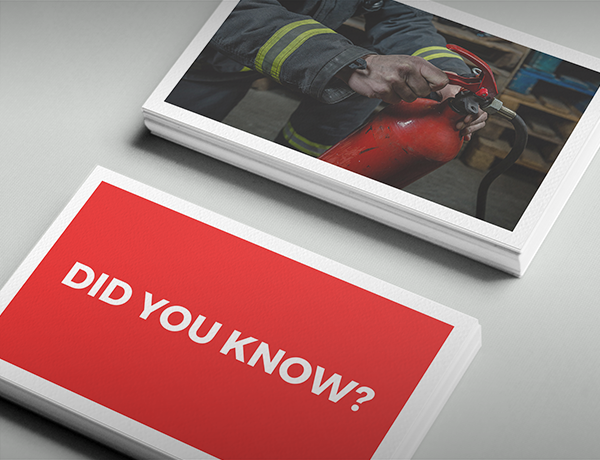Identity Theft Insurance: A Guide
In 2019, 14.4 million Americans were victims of identity theft. Identity theft occurs in several ways: in-person, online, via email, or via phone. Regardless of how it occurs, identity theft affects a large number of people per year.1
Victims of identity theft can spend considerable time and money repairing the damage caused by identity theft. This is why identity theft insurance can be a valuable investment; it can be used to help protect against thieves, hackers, and other criminal scammers. Here are some of the facts about identity theft insurance, and knowing about these facts will help you make the right decisions when it comes to purchasing your own coverage.
The Long-Term Effects of Identity Theft
It can take months or even years to find and recover from the destruction left by identity theft. This can be difficult and stressful to deal with, especially when you don't have insurance. While you may recover some of the money stolen from you, not all of the lasting effects will be financial. Identity theft can also lower your credit score, make it harder to get a loan, and even affect your job prospects.
Ultimately, you want to do everything you can to protect your identity by keeping your personal information safe. This includes making sure that all your physical records and identification items (e.g., your passport, social security card, and birth certificate) are kept in a fireproof safe and that all your old banking records and statements have been shredded.
When it comes to cybersecurity, keeping all your online information safe from hackers is important. Regularly update passwords, don't allow other people to access your records, and be careful about the information you share on social media. Criminals are always looking for personal information that will make it easier for them to steal identities or impersonate others. When they find key pieces of personal information online, they can take out loans or open up credit cards in other people's names.
What Does Identity Theft Insurance Cover?
At the most basic level, identity theft insurance will usually cover the monetary loss incurred due to theft. It can also include coverage of the cost of restoration services, which helps to speed up getting your affairs back in order. This includes engaging a case manager or fraud specialist who can spend the time and effort that is necessary to recover your identity.
The cost to replace your identification papers, such as your passport and birth certificate, will be covered as well. If you need an attorney, your legal fees will also be covered by your identity theft insurance policy.
How to Get Identity Theft Insurance
Certain homeowner's or even renter's insurance policies offer a rider or endorsement at an additional cost. This would act as an extension of your regular policy to cover identity theft. It might cost you an extra couple of bucks per month, but it will cover losses or other expenses typically not covered by a standard homeowner's insurance policy.
Before you decide to purchase identity theft insurance, it's important to find out what the policy limits are, how much your deductible will be, how much money loss it actually covers, and whether legal fees or restoration services are included. The more comprehensive and complete the policy is, the more you'll be covered if you are, unfortunately, a victim of identity theft.
1. III.org, 2021
The content is developed from sources believed to be providing accurate information. The information in this material is not intended as tax or legal advice. It may not be used for the purpose of avoiding any federal tax penalties. Please consult legal or tax professionals for specific information regarding your individual situation. This material was developed and produced by FMG Suite to provide information on a topic that may be of interest. FMG, LLC, is not affiliated with the named broker-dealer, state- or SEC-registered investment advisory firm. The opinions expressed and material provided are for general information, and should not be considered a solicitation for the purchase or sale of any security. Copyright FMG Suite.



